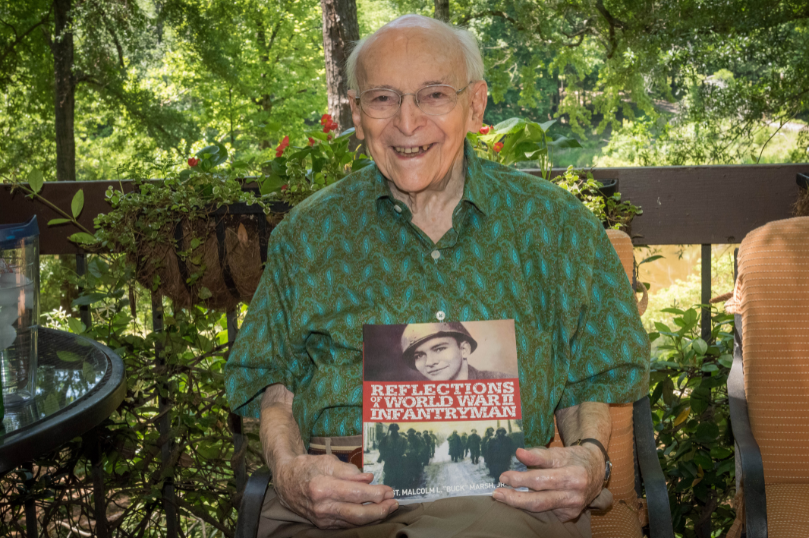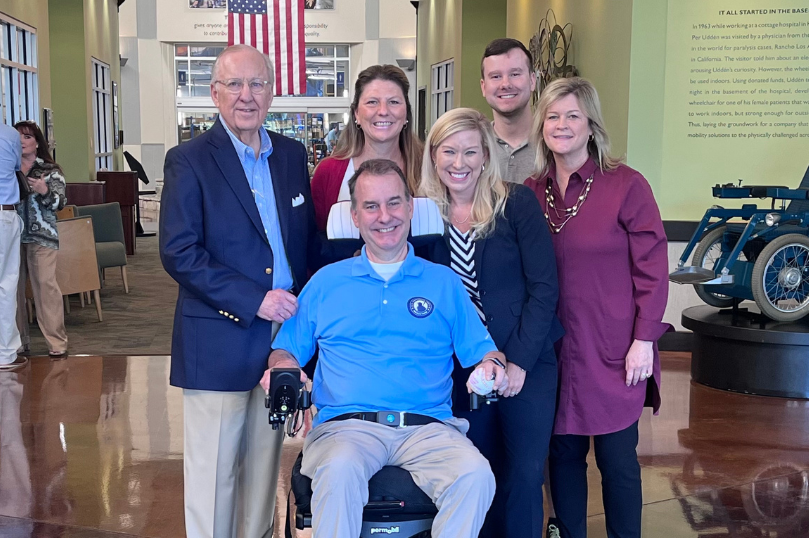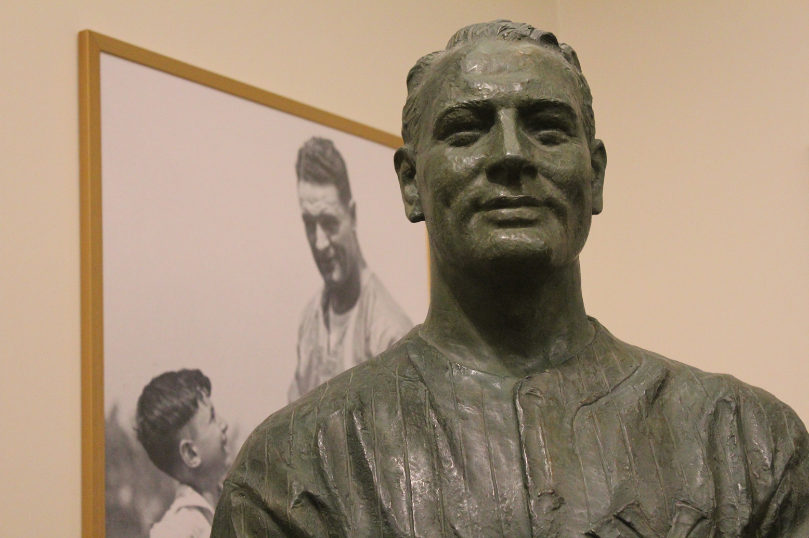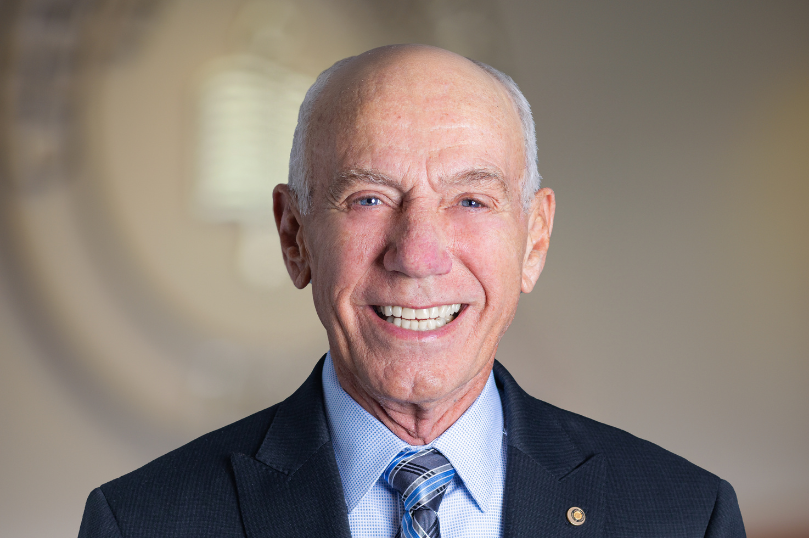LiveLikeLou’s Strategic Investments in Science Are Making a Difference
Despite the challenges this last year has posed, The LiveLikeLou Foundation’s commitment to making strategic research investments in Amyotrophic Lateral Sclerosis (ALS) science has not faltered. This continued support is due in part to the strong partnership with Phi Delta Theta, and it is making a difference. The Foundation’s investment in institutional research facilities, grants to emerging scientists, and unique nation-wide learning forums are expanding the pipeline of new science to address this devastating disease that affects more than 16,000 Americans each year.
LiveLikeLou Foundation Director Suzanne Alexander said, “It is remarkable that Phi Delt brother Lou Gehrig still inspires us, eighty years since his death from ALS, to support this disease. ALS is fatal. There is no viable treatment, and there is no cure. But we are not giving up.”
“ALS as we know it has been around for 150 years and we still can’t answer important questions about this insidious disease,” said LiveLikeLou Foundation Chair WL Gray, Texas Christian ’70. “We can’t keep funding ALS research the way it’s always been done. And we can’t keep funding the same researchers who have been doing it. Investing in emerging projects and researchers gives us a great opportunity to spur powerful new science.”
This consideration has focused the foundation to make targeted investments that will broaden the network of research institutions and scientists committed to unique ALS research.
“We prioritize our ALS research grants on pre-clinical and novel science, versus drug trials that already have support from large corporations, and on new scientists versus the big, established institutions that have been doing this for decades,” explained LiveLikeLou Foundation Vice Chair Gaylon Morris, Southwestern ’87.
Morris leads the foundation’s Scientific Research Committee, made up of esteemed ALS experts from the University of Arizona, the Barrow Institute of Neurological Science, the University of Michigan, and KNOPP Biosciences, LLC. The committee meets monthly to assess and propose ALS research investments to the foundation’s board that can make a unique impact on ALS science.
“The committee helps us choose research grants that will expand the pipeline of new ALS science and encourage emerging researchers,” said Morris. “It’s basically an investment in the development of future therapies we hope will come.”
Grants to Institutions Committed to ALS Research
LiveLikeLou’s first institutional grant was a $2.5 million pledge to create The LiveLikeLou Center for ALS Research at The University of Pittsburgh, which the university matched in 2015. With this financial support, the center has since grown to employ several new researchers, purchased powerful microscopes and imaging equipment, and built an expansive human ALS tissue bank from which to perform analysis. The center recently announced its second fully-staffed laboratory, and now principal investigators Chris Donnelly, PhD, and Amanda Gleixner, PhD, are collaborating on important projects in the fields of optogenetics (light), the genetic behavior of ALS in human cells, and nuclear biology, to further our understanding of neurodegeneration in ALS and Frontotemporal Dementia (FTD).
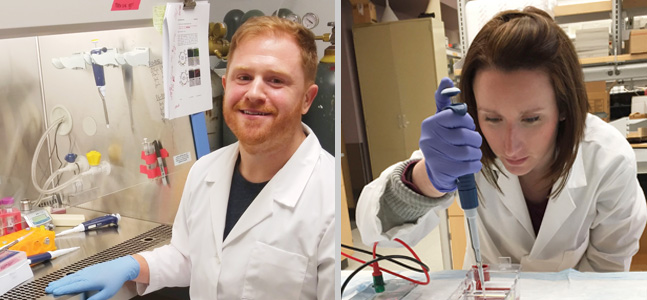
In the short time since its founding, the team at Pittsburgh has already filed for three patents and has had exciting peer-reviewed science published in multiple research journals.
“The pace of discovery is so much faster when new labs spend new dollars,” Alexander said. “They are not confined to long-standing projects tied to aging theories, old equipment or outdated methods.”
LiveLikeLou Foundation trustees will consider making a similar large pledge to a second research institution in 2021.
Grants to Individual ALS Researchers with Promising Ideas
Individual grants to exciting new investigators, called Career Development Awards, are another important LiveLikeLou investment in ALS research. These grants are awarded to projects led by newer scientists, pursuing unique and promising ideas that need a few more months of study so they might meet the minimum requirements for major awards from government funders such as the National Institutes of Health (NIH).
“These grants are the perfect vehicle for helping emerging scientists on the cusp of major breakthroughs, to strengthen their research so they can successfully compete for those large, multi-year government grants,” Morris said.
The Foundation has awarded two Career Development Awards.
The first Career Development Award of $150,000 was granted in 2019 to Veronique Belzil, PhD, of the Mayo Clinic in Jacksonville, who is collaborating with Manolis Kellis, PhD, of the Massachusetts Institute of Technology (MIT). Their study is a two-year epigenomic review of 30 human brains and the cellular differences that occur with ALS and FTD. The exciting aspect of this project is new computational math capabilities brought to the analysis by the team at MIT, an institution not previously involved with ALS.
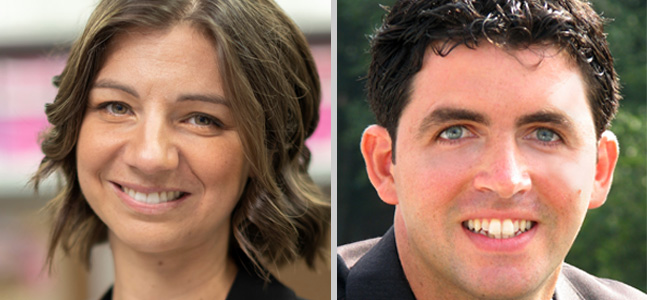
The second Career Development Award of $50,000 was granted in 2020 to Aaron Haeusler, PhD, of Thomas Jefferson University in Philadelphia. Dr. Haeusler’s study to develop gene silencing methodologies in the inherited form of ALS, allowing researchers to alter key DNA factors that are known to lead to early neuron death in ALS patients. The research received promising early results last year.
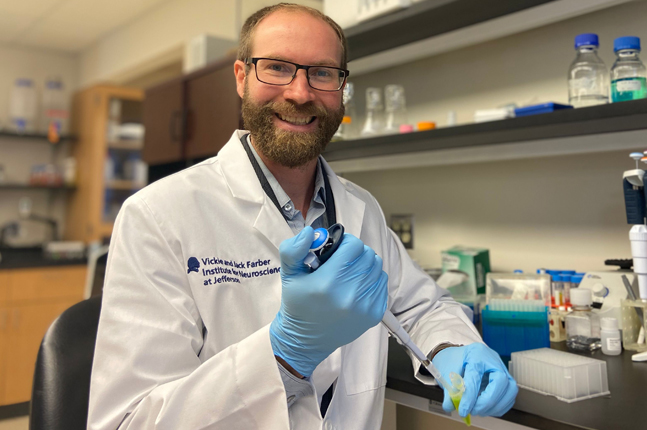
Results of both studies will be available in late 2021 and are expected to prompt NIH-level grant applications in the near future. Additional Career Development Awards will be considered in 2021.
Grants to Emerging Scientists for Continuing Education and Collaboration
“Early on we asked ALS researchers what was needed to encourage and develop a stronger scientific community amongst newer investigators across North America,” Morris explained. “We wanted to break down the institutional walls that often slow down or stop creative thinking necessary for science.”
The LiveLikeLou Emerging ALS Researchers Forums and Learning Series events are designed to foster discussions and collaborations that strengthen research networks, increase methodology sharing, and accelerate research science.
“This is the fun grant,” Alexander said. “Strategic fun, because we are helping to find a treatment or a cure, and also investing in the community of emerging researchers so they continue to bring their unique ideas to focus on this disease” she clarified.
Two grants of $100,000 each have been awarded to underwrite the biennial learning forums, hosted by The University of Pittsburgh in 2018 and The Barrow Neurological Institute in Phoenix in 2020. Organizers develop a short list of the most promising researchers from across the country to participate and propose a theme for the event. The forums are two full days of closed-door dialogue and poster sessions with junior investigators sharing their newest ideas and difficult problems to solve. Senior investigators participate as facilitators and assist attendees in the discussion groups. After hours, the researchers are encouraged to develop social relationships.
Like many conferences and meetings this year, the forum has become virtual in nature. Still, more than sixty researchers participate every quarter.
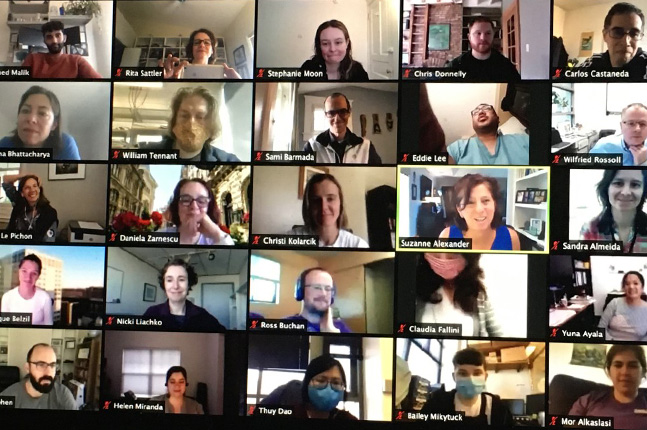
“We need these scientists to know one another, share tissue samples, and techniques for accelerating their projects,” Morris said. “If they can just pick up the phone and get some help on a problem, they will find answers more quickly.”
“Phi Delta Theta has been committed to ALS research for decades,” Alexander said. “When my husband, Neil, Pittsburgh ’97 and I launched LiveLikeLou, we never imagined having such an impact on the science to find a treatment or a cure for ALS. And here we are, in partnership with this Fraternity, making strategic grants for breakthrough science across North America and increasing the number of world-class ALS researchers.”
“Neil would be very proud,” she said.
To learn more visit www.LiveLikeLou.org.


